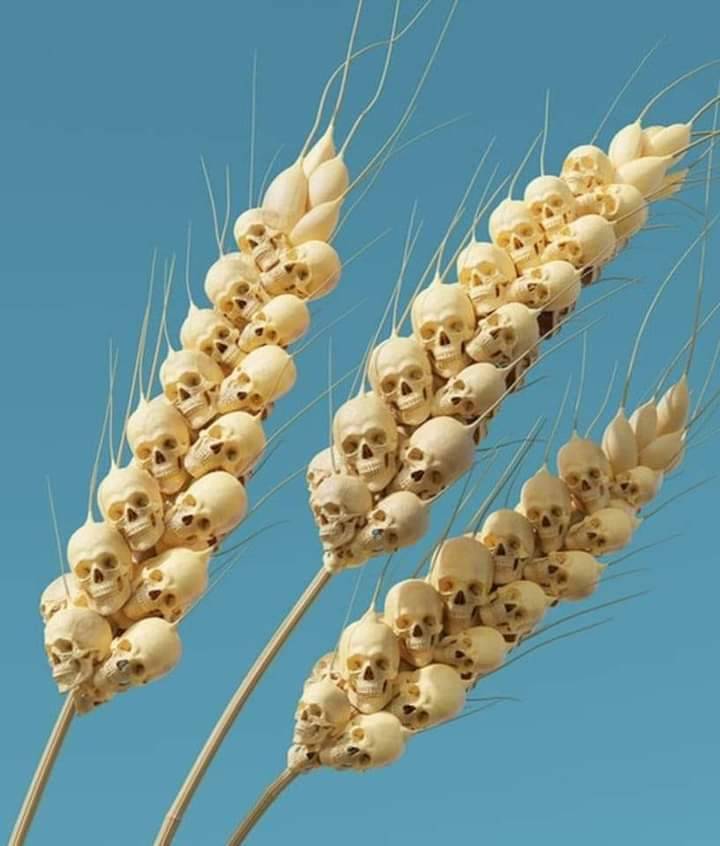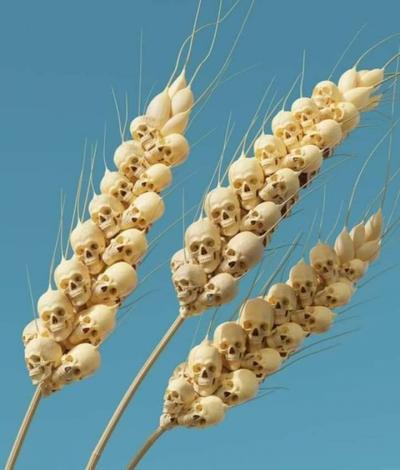In its issue published on May 20, the American economic magazine "The Economist" featured a chilling cover image of wheat stalks bearing skulls, under the title "The Coming Catastrophe," referring to the global wheat crisis that could lead to famine if it persists for an extended period. The Russian-Ukrainian war has cast a shadow over supply chains, impacting both nutrition and energy sectors, especially since both countries are among the largest exporters of wheat and gas globally. As their availability dwindled, prices for these vital products surged. The crisis has prompted the international community to seek short-term and long-term solutions to avoid a worsening situation.
Contrary to these solution efforts, some countries have begun taking precautions and resorting to unilateral measures, distancing themselves from global policies to maintain their stock of these commodities. For instance, India limited wheat exports to ensure self-sufficiency, which negatively impacted prices, causing them to rise again by 6% on May 16, shortly after New Delhi's decision. Overall, prices had increased by 53% from the beginning of the year until May.
Economic and Social Council member Anis Abu Diab indicated that "the wheat crisis is a result of the war, and it is worsening over time, which will have repercussions on global stocks and prices. However, there is no famine on the horizon for now, especially since other countries are producing and exporting the commodity, albeit at elevated prices due to transportation costs. The international community has raced to explore ways and strategies to continue securing this commodity and avert famine by reclaiming and cultivating large areas of land. In this context, the Nile Basin and Sudan are significant areas suited for producing large quantities."
Regarding Lebanon, Abu Diab mentioned in an interview with "Al-Anbaa" electronic newspaper that "Lebanon's wheat crisis is not closely tied to the global crisis. Lebanon's needs are minimal compared to other countries and can be met. The problem lies in opening and disbursing credits; nevertheless, prices are certainly affected, not to mention the impact of the rising exchange rate, indicating that our crisis is internal." In this regard, Abu Diab pointed out that "Lebanon can cover a portion of its wheat needs by cultivating large areas in the Bekaa, Akkar, and the South. While this won't ensure self-sufficiency, it will reduce the scarcity of the product."
Finally, it is important to note that Ukraine and Russia account for 12% of the world's wheat needs, according to the American magazine's report.




